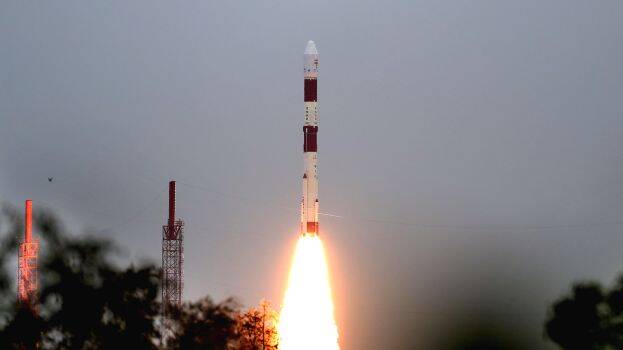

After independence, the administrators relied on the theory of socialism to build a modern India. The experience and facts of the last 75 years testify that socialism emphasizing the idea of equality, while attractive in theory, has been a dismal failure in practice. The administrators propagated that the welfare of the people can be made possible through the performance of the public sector, and encouraging the private sector will lead to the exploitation of the people. It was only after the nineties that the majority of the people realized that it was socialist delusion, license raj and neglect of the private sector that had held back India's development for so long.
India did not implement communist socialism exactly the same way. Private land ownership was not expropriated by the government as in other communist countries. However, the view of our old administrators as part of Nehruvian socialism was that almost all the sectors which directly affect the people like air services, public transport like train and bus, electricity supply, water supply, iron and steel production, fertilizer manufacturing etc should be under the control of the government. The country has progressed for fifty years only according to this. At the same time, countries such as Japan, France, South Korea, and Australia made progress after the Second World War keeping up with even the United States by emphasizing the capitalist system that prioritizes the private sector.
China itself leapt to progress through Deng Xiaoping's administrative reform process, which opened opportunities for private foreign investments and gave full freedom of operation. India has taken such measures very late. A part of this growth has been reflected in the country's GDP rate. Those who oppose foreign investment in India are only carriers of outdated socialist ideas. If foreign investment does not come to India, we will have to keep witnessing all the bright young people of India fleeing abroad in search of work. If better-paying opportunities in the country increase, the majority will not go anywhere. The decision of the Modi government to allow 100 percent foreign investment in the space sector is a step that can be considered as a start. The order in this regard has come when Space X company owner Elon Musk is about to visit India.
100 percent direct investment is allowed in the manufacturing of components and systems for satellites, ground segments etc. The cabinet meeting chaired by the Prime Minister gave permission for this in February. Musk's company alone is expected to invest 3 billion dollars in India. 90 percent of the employees of foreign companies starting in India will be Indians. Apart from this, the country will get a huge amount of tax on products. Foreign exchange earnings will also increase when products are exported. What is needed is steps to gradually remove restrictions on foreign investment in other sectors as well.